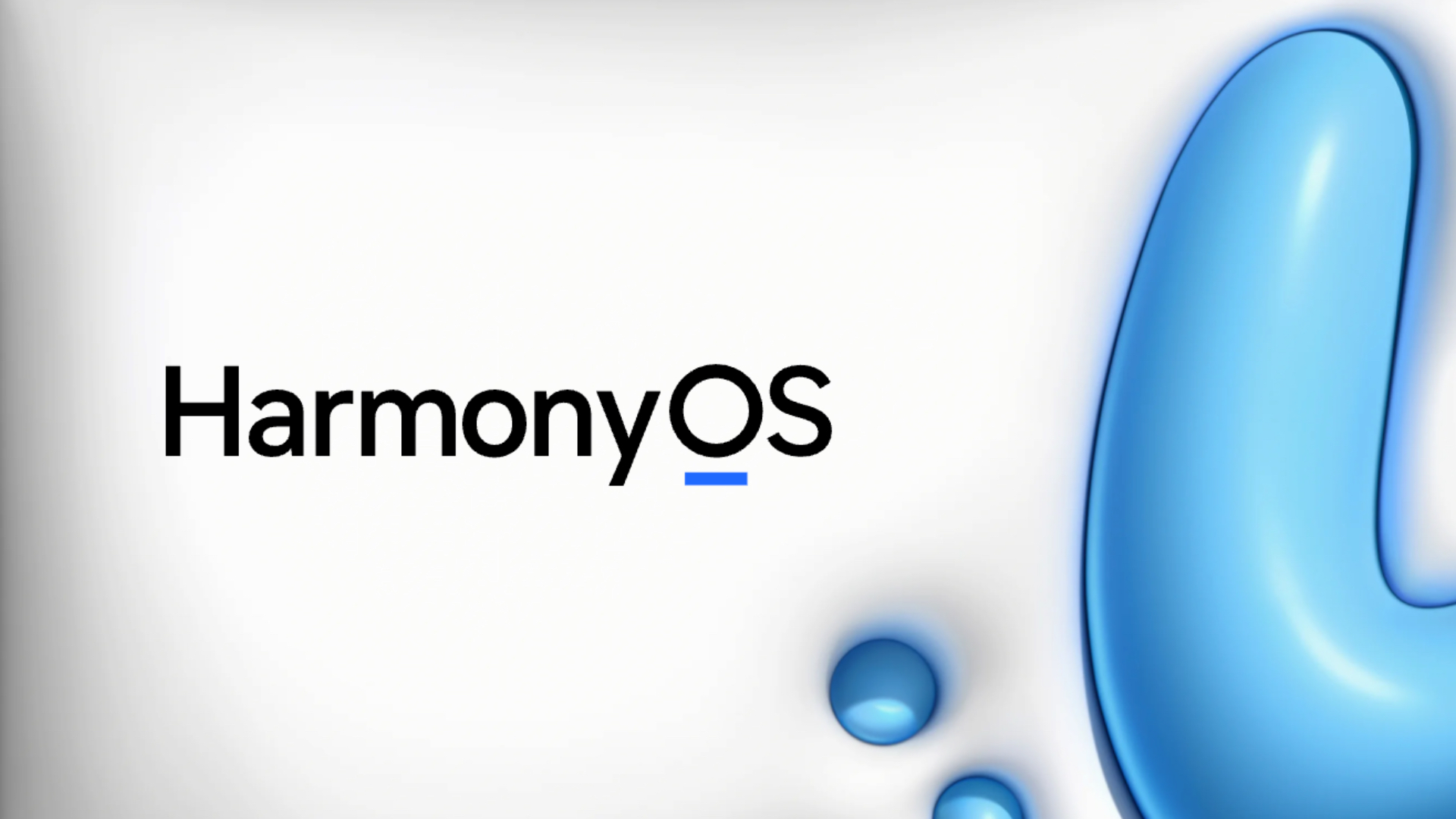Huawei Switching To Its Home-Grown Platform HarmonyOS Next Completely This Year, Ditching Android And Expanding Its Ecosystem To 4,000 Apps
Friday, May 10, 2024
Huawei Switching To Its Home-Grown Platform HarmonyOS Next Completely This Year, Ditching Android And Expanding Its Ecosystem To 4,000 Apps
The U.S. trade ban on Huawei has led to unexpected outcomes. Instead of stifling the Chinese tech giant, it has fueled its comeback on home turf. Huawei’s flagship smartphones have gained popularity, and now the company is planning to make a significant shift on the software side as well.
HarmonyOS Next: A New Beginning
According to a recent report, Huawei is fully committed to abandoning Google’s Android operating system in favor of its home-grown platform, HarmonyOS Next. This new operating system will be entirely independent of Android and is designed from scratch by Huawei itself. Unlike the previous version of HarmonyOS, which still had some Android dependencies, HarmonyOS Next will be a pure version of the HarmonyOS operating system.
What’s New in HarmonyOS Next?
-
App Ecosystem: Every operating system needs a robust app ecosystem to thrive. Huawei is well aware of this, and HarmonyOS Next is no exception. The platform has already expanded to 4,000 apps, including popular ones like Alipay and McDonald’s. The company aims to increase this count to 5,000 soon, with a long-term goal of reaching 500,000 apps.
-
Efficient Memory Usage: HarmonyOS Next utilizes memory three times more efficiently than its predecessor. This efficiency is crucial for smooth performance, especially on Huawei’s upcoming flagship series, the Mate 70. These devices are rumored to feature SMIC’s 5nm chipset and will likely ship with HarmonyOS Next.
-
On-Device AI Support: The operating system also supports on-device AI, enhancing user experience and performance.
Challenges Ahead
While Huawei’s ambition to create its own operating system is commendable, there are significant challenges. App developers need to rewrite their code for HarmonyOS Next, which takes time and resources. WeChat, owned by Tencent Holdings, holds considerable sway over the platform’s success, given its massive user base of over one billion people.
In summary, Huawei’s move to HarmonyOS Next represents a bold step away from Android. The success of this home-grown operating system will depend on its ability to attract developers and build a thriving app ecosystem.
